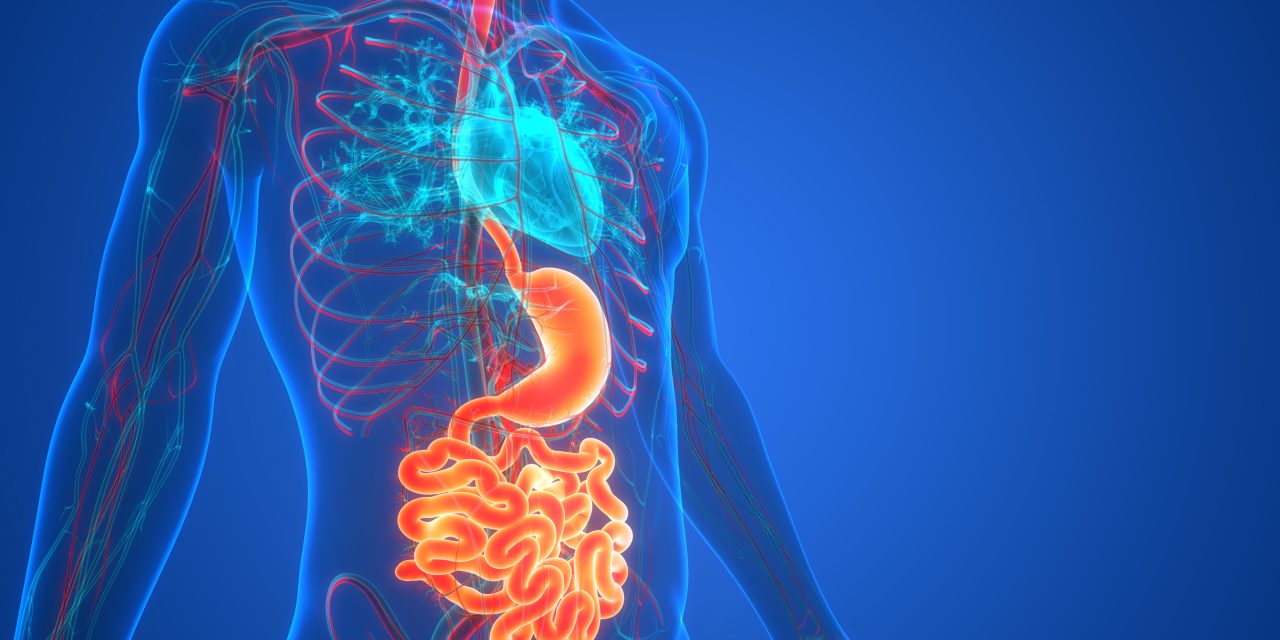Diarrhea is considered as a major cause of mortality, especially in children and aged persons. Because of diarrhea, 17% of admitted children get die. In order to treat the diarrhea, natural drugs may be useful. The objective of the present investigation was to evaluate the traditional claim of Ficus retusa as an anti-diarrheal and anti-spasmodic agent using different pharmacological models. In very first step, phytochemical test was done to evaluate the presence of secondary metabolites. Quantitative test revealed that flavanoid is present in 24.48±0.40 mg/100g of extract, which is in highest among all the secondary metabolites present. The anti-diarrheal activity was evaluated by magnesium sulphate induced diarrhea and 5-hydroxy tryptamine (5HT) induced diarrhea. Further, the extract was subjected to gastrointestinal motility test using standard procedure. Finding of the present study suggested that significant response was exhibited by an ethanolic extract (400mg/kg bw.) of Ficus retusa (EEFR). The highest diarrhea protection was 78.12% and 70.32% due to EEFR 400mg/kg bw in magnesium sulphate induced diarrhea and 5HT induced diarrhea respectively. In case of gastrointestinal motality test, 81.42% inhibition was observed which was maximum due to EEFR 400mg/kg bw. Dose response relationship at (0.4ml to 0.4 ml) of Ach+ EEFR revealed the confirmation of EEFR as potent antispasmodic agent. The response towards bioactivity was dose dependent. It was concluded that 400mg/kg bw of ethanolic extract is most potent in antidiarrheal and antispasmodic activity.Copyright© Bentham Science Publishers; For any queries, please email at epub@benthamscience.net.
Evaluation of Ficus retusa L. Leaves with special reference to Anti-diarrheal and Anti-spasmodic activity.


